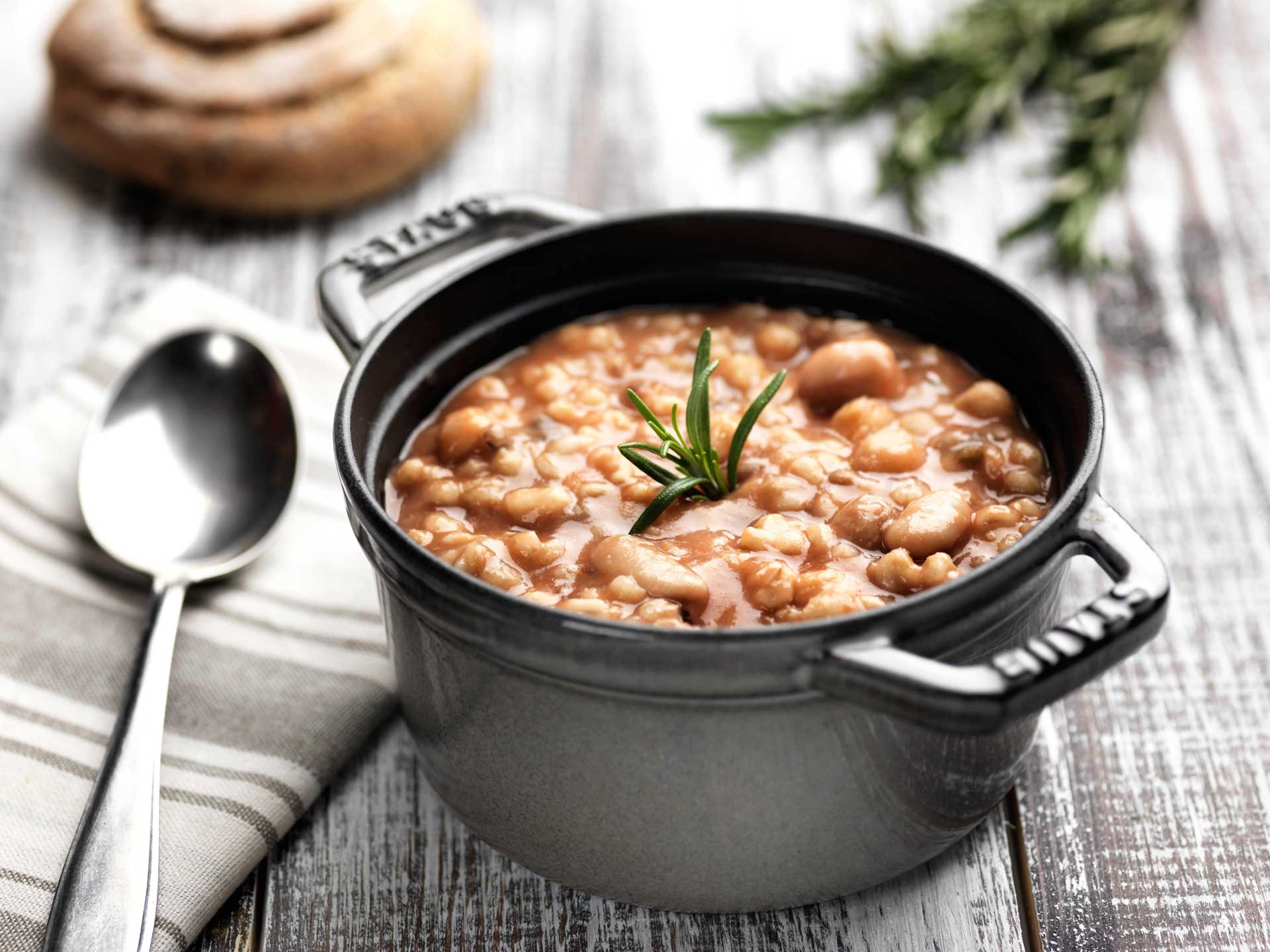
Nutrition While Breastfeeding: Some Tips
Much depends on the quantity of milk produced daily, so the additional energy requirement must be calculated accurately, month by month. The following table gives an idea of how much more a breastfeeding mother should consume compared to the basic caloric requirement.
|
Breastfeeding |
Estimated quantity of milk ml/day |
Additional caloric requirement kcal/day |
|
0-1 month |
680 |
450 |
|
1-2 months |
780 |
530 |
|
2-3 months |
820 |
560 |
|
3-6 months |
750 |
500 |
Clearly, nutrition during this period of life is not merely a matter of calories (actually, it never is!), but on the contrary, the issue of quality becomes even more important, not only for the breastfeeding mother. It's worth noting that during the period between conception and two years of age, the so-called "first 1000 days of life," the foundation is laid for the child's adequate physical and psychological development.
"Preventive, protective, or curative interventions carried out promptly in this very early phase of life lead to positive short-, medium-, and long-term health outcomes not only for the child and the adult they will become, but also for parents, the community, and future generations" (I am quoting the Ministry of Health verbatim). In light of this, lifestyles and adequate nutrition for both the mother and the newborn become priorities.
Even in this condition, the general dietary recommendations indicated for pregnancy are valid:
Consume fresh foods and vary the choices on the table as much as possible, thus avoiding nutritional deficits
Have small and frequent meals: three main meals plus two or three snacks are recommended
Reduce the consumption of simple sugars, preferring complex carbohydrates
Reduce fat consumption, especially saturated fats (butter, lard, fatty cold cuts)
Increase fiber intake (vegetables, legumes, whole foods)
Avoid prolonged fasting periods, do not skip meals
Drink sufficient quantities of water and liquids (broths, soups, vegetable purees), unsweetened herbal teas
Consume complete meals composed of: carbohydrates (whole grains) + plant-based proteins (legumes) or animal proteins (fish or meats or eggs or cheeses) + fats (extra virgin olive oil) + fiber (vegetables, fruits)
Choose quality foods, preferably organic.
Choose products according to the season, often varying the quality of foods; with monotony, there is a risk of excluding some nutrients of fundamental importance and, above all, not letting your child taste them.
ALLOWED AND RECOMMENDED FOODS
All cereals (rice, pasta, spelt, barley, etc.) and their derivatives, preferably whole grains
Vegetables: their consumption is free and recommended in generous portions as long as the assigned seasoning quantity is not exceeded. The variety in the choice allows the proper introduction of minerals, vitamins, and molecules with antioxidant properties necessary for the body. During breastfeeding, especially favor dark green and yellow-orange leafy vegetables. Vegetables particularly rich in calcium are turnip greens and Catalonian chicory.
Fruit: always better fresh and in season
Legumes (chickpeas, beans, peas, fava beans, etc.): they are an important source of plant proteins and vitamins. It is recommended to consume them in association with cereals, thus composing unique dishes. They also allow an increase in fiber intake, folic acid, and iron, which soy is rich in, for example.
Milk and dairy products: prefer skimmed or partially skimmed products, they have fewer calories but still contain calcium in equal weight.
Fish (fresh or frozen). It is advisable to consume it at least 3-4 times a week, preferably cooked on the grill, in the oven, steamed, or roasted. To contribute to covering the omega-3 requirement (essential for the maturation of the infant's nervous system), it is recommended to consume sardines, anchovies, cod, trout, salmon.
Meat: prefer white meats, do not exceed with the consumption of red meats. Reduce the consumption of preserved meats.
Eggs: 1 egg 2-3 times a week
Fresh cheeses to be alternated with aged ones: 1-2 times a week
Extra virgin olive oil: 3-4 tablespoons per day, preferably added raw
Water: drink at least 2.5 liters of water per day (3 liters in summer), preferring bicarbonate-calcium waters or tap water that leaves lime residues.
Aromatic herbs to improve the taste of dishes
Lemon as a condiment for its good intake of vitamin C
Cooking Methods: steaming, boiling, baking, roasting, pan-frying with a lid, using equipment that allows reducing the use of fats such as non-stick pots, pressure cookers, conventional or microwave ovens.
NOT ALLOWED FOODS
Alcoholic beverages. Ethyl alcohol passes into breast milk, can inhibit milk production, and can cause sedation, hypoglycemia, vomiting, and diarrhea in the infant.
Carbonated, sugary drinks.
FOODS TO AVOID
Avoid the consumption of raw meats and raw fish or shellfish.
Avoid sauces, fried foods, and particularly fatty foods.
Refined carbohydrates (sugar, sweets in general)
Reduce salt use to avoid excessive intracellular fluid accumulation.
Coffee: 2 cups per day are allowed (alternatively, use barley or herbal teas).
If at least one of the two parents is allergic, during breastfeeding, foods with a higher histamine content, called allergenic foods, should be avoided:
Peanuts, nuts
Shellfish, mollusks
Chocolate, cocoa
Strawberries, peaches
Game meat
Preserved foods
Fermented cheeses






